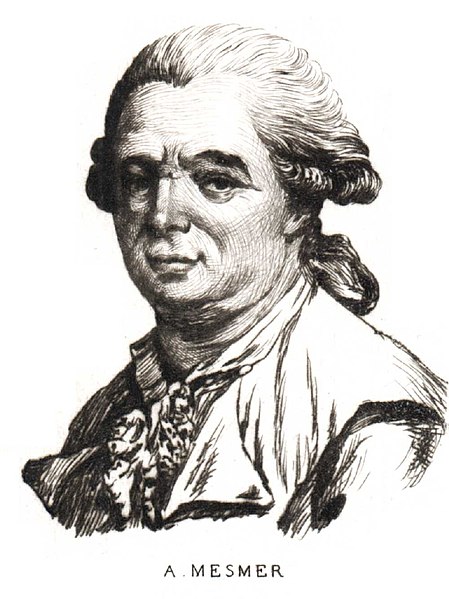Georg Ernst Stahl was a German chemist, physician and philosopher. He was a supporter of vitalism, and until the late 18th century his works on phlogiston were accepted as an explanation for chemical processes.
Georg Ernst Stahl
De lapide manati, 1710
Vitalism is a belief that starts from the premise that "living organisms are fundamentally different from non-living entities because they contain some non-physical element or are governed by different principles than are inanimate things." Where vitalism explicitly invokes a vital principle, that element is often referred to as the "vital spark", "energy", "élan vital", "vital force", or "vis vitalis", which some equate with the soul. In the 18th and 19th centuries, vitalism was discussed among biologists, between those who felt that the known mechanics of physics would eventually explain the difference between life and non-life and vitalists who argued that the processes of life could not be reduced to a mechanistic process. Vitalist biologists such as Johannes Reinke proposed testable hypotheses meant to show inadequacies with mechanistic explanations, but their experiments failed to provide support for vitalism. Biologists now consider vitalism in this sense to have been refuted by empirical evidence, and hence regard it either as a superseded scientific theory, or, since the mid-20th century, as a pseudoscience.

The synthesis of urea in the early 19th century from inorganic compounds was counterevidence for the vitalist hypothesis that only organisms could make the components of living things.
Louis Pasteur argued that only life could catalyse fermentation. Painting by Albert Edelfelt, 1885
Franz Mesmer proposed the vitalist force of magnétisme animal in animals with breath.
The 17th century French playwright Molière mocked vitalism in his 1673 play Le Malade imaginaire.






